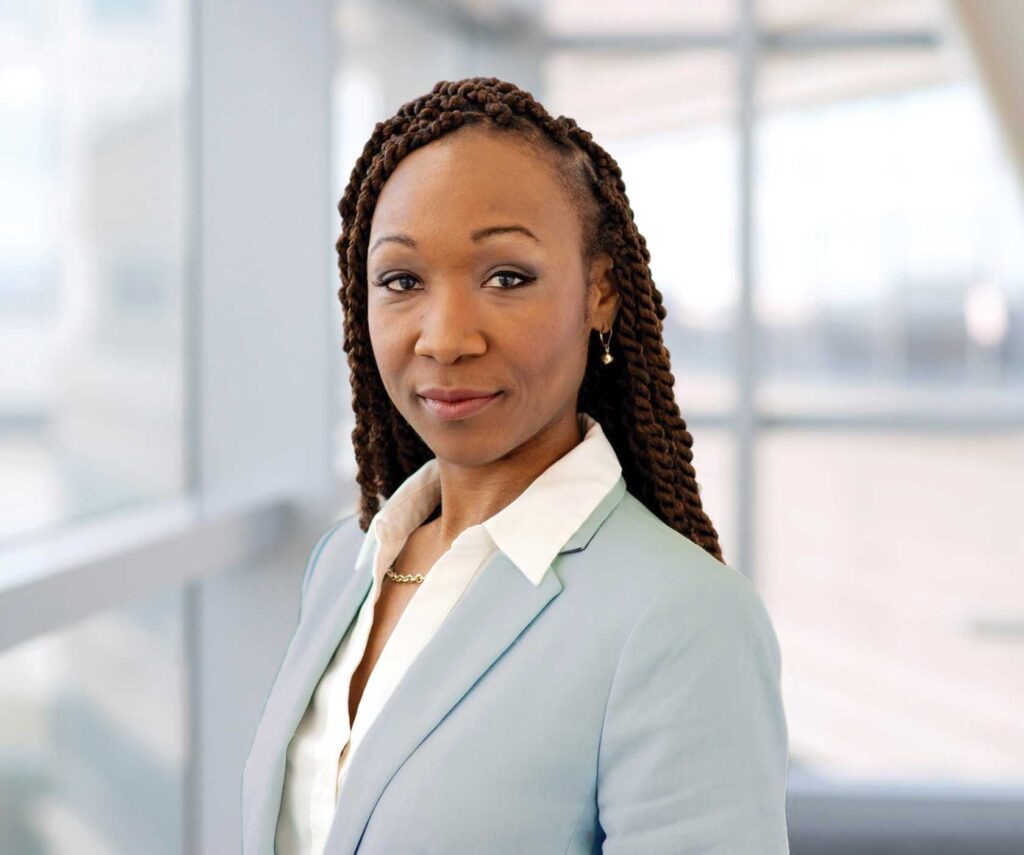‘What Is Owed?’: New GBH podcast explores reparations efforts in Boston, US and abroad

The estimated amount the United States federal government owes to African Americans for reparations is $14 trillion, according to calculations by the economist William Darity Jr. and A. Kirsten Mullen. The controversial finding by the husband-and-wife team is discussed in episode four of the new GBH podcast, “What Is Owed?”
“What Is Owed?” is a seven-part podcast exploring the history of reparations efforts, with new episodes every Thursday; the sixth episode was released this week. The show includes a mix of archival tapes and contemporary interviews and speeches, with additional commentary from its host, political reporter Saraya Wintersmith. The podcast takes listeners from present-day Boston back in time to 1783, when Belinda Sutton, an enslaved woman, successfully petitioned for reparations in Massachusetts, in one of the first U.S. cases of its kind. Aural visits to Boston in the 1980s, Ghana, Austria and Evanston, Illinois, follow.
“What Is Owed?” comes two years after a city ordinance was introduced in Boston and eventually passed to form the city’s reparations task force in 2022. It would be another year before Mayor Michelle Wu announced the members of the task force. This protracted process is also documented in the podcast.
The person at the helm of putting the story together alongside Wintersmith is senior producer Jerome Campbell. Campbell, who resides in California, spoke to the Banner over Zoom in mid-March.
“There’s a way in which reparations as a concept and topic feels like a thing that is so far, and not connected to the realities that we’re living today,” he said.
Yet, he discusses a successful reparations movement that happened in the United States not too long ago.

An illustration of a slave auction that appeared in Harper’s Weekly in 1861. PHOTO: LIBRARY OF CONGRESS
In 1988, President Ronald Reagan signed the Civil Liberties Act. The act included an apology and mandated the federal government pay $20,000 to every survivor of the World War II-era Japanese internment camps. This act of reparations was the culmination of the Japanese American community’s decade-long campaign.
“To know that reparations effort didn’t wrap up that long ago, and the U.S had a very short window between the harm and the repair,” Campbell said, “I think it’s a snapshot to see both the possibility but also to question and say ‘Whoa, why not this other case?’”
He said he hopes people will use the podcast to build the tools necessary for productive conversations around justice and reparations for Black people. He would like the show to equip individuals to share information about reparations and confidently participate in community movements.
The most eye-opening part of the podcast came at the end of episode five, Campbell said, when Darity “talks about the possibility of violence if reparations come to pass.”
Campbell hadn’t thought about the reality after reparations. “It was like, reparations was the finish line. And, that was the quote that made me go … it might be the starting line,” he said.
“The real work is getting everybody on board, and that is a longer project,” he added.
Locally, the next meeting of Boston’s reparations task force will be April 15 at 6:30 p.m. at the Bruce C. Bolling Building in Roxbury, held in person and virtually on Zoom. By that time, all seven episodes of “What is Owed?” will be released, and if Campbell has his way, community members will be equipped with the information they need to help move the reparations task force along.
Listen to the podcast on GBH News: wgbh.org/podcasts/what-is-owed
For more information on Boston’s Reparations Task Force: boston.gov/equity-and-inclusion/task-force-reparations







